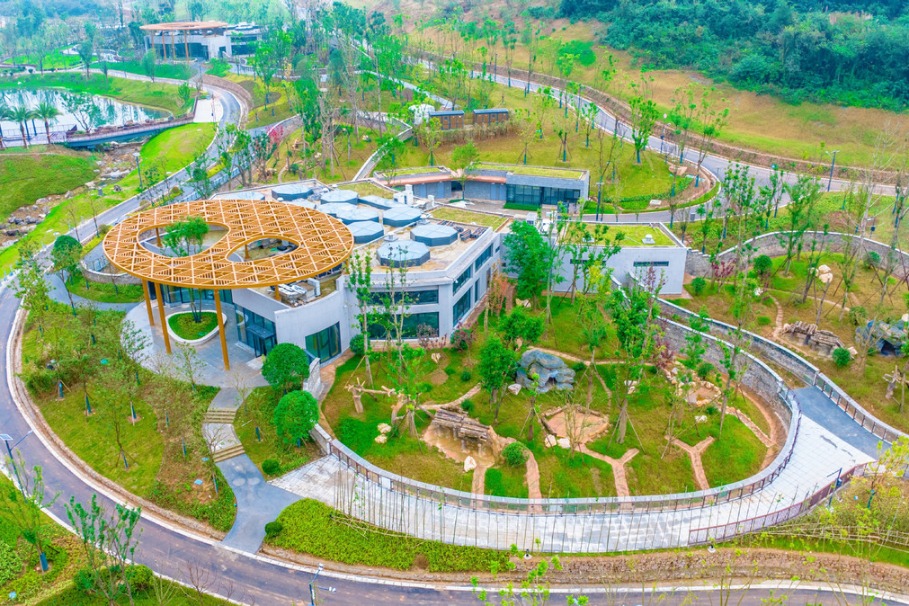Chinese researchers find new way to synthesize starch, proteins from corn stalk

BEIJING -- Chinese researchers recently developed a method of high efficiency for synthesizing artificial starch and microbial proteins from corn stalk. This method can cut the production cost of artificial starch and provide a new way to produce food.
Growing populations and climate change pose great challenges to food security. The efficient conversion of agricultural waste into artificial food is an important way to alleviate a food crisis and realize sustainable agricultural development.
The researchers from the Biotechnology Research Institute under the Chinese Academy of Agricultural Sciences and other China-based institutions, used a multi-enzyme molecular system and baker's yeast to convert cellulose in corn stalks to artificial starch, and to produce microbial protein by fermentation under aerobic conditions.
The whole production process requires only a small investment in equipment, does not require coenzyme or energy input and does not lead to sugar loss, offering the possibility of producing artificial starch and microbial proteins at low cost, according to the study.
The study was published in the journal Science Bulletin.
- Shenzhou XX crew's return trip delayed due to space debris risk
- Wuxi partners with iFlytek to launch AI industrial park
- China announces top journalism award winners
- Party plenum: Charting the course for the 15th Five-Year Plan period (2026-30)
- China postpones Shenzhou XX return mission
- Chinese authorities call for broader AI application in health sector




































